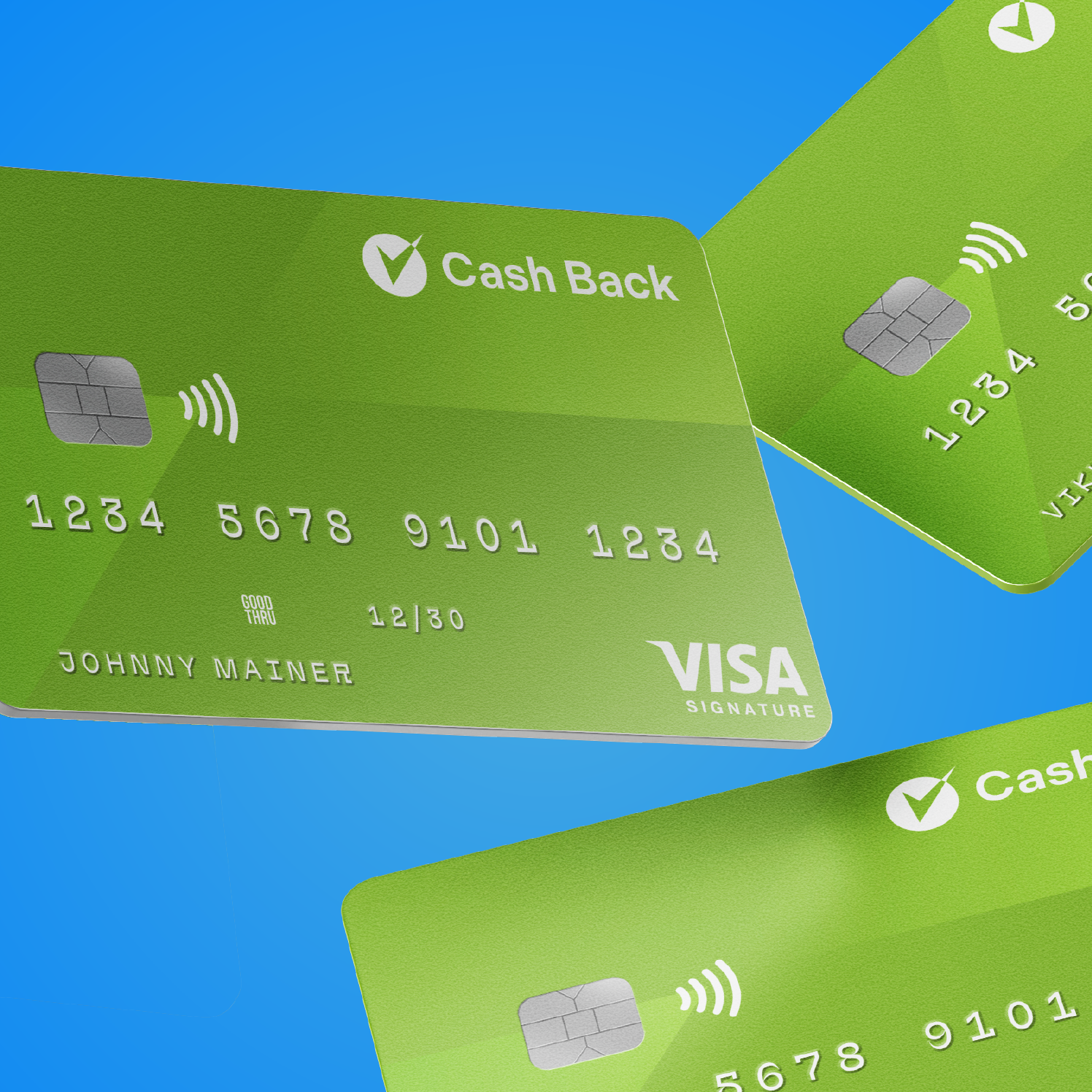Protect yourself from scams and fraud schemes
Get a call or text from our fraud department?
Don’t assume that it’s TruChoice. A scammer may be spoofing one of our phone numbers. It’s easy to tell if it’s a member of our fraud team calling you:
- We never ask for full pieces of personal identification
- We never ask for your online banking login ID, passwords, or one-time login codes in a text message.
- We never ask for your full card number, expiration date, or CVV unless you are calling us directly regarding an issue with your card.
Not sure if it’s us? Hang up and dial us directly at 207.772.0808.
Social media romance & friendship scams
A common scam is when fraudsters try to gain your trust to get your money. They often target vulnerable people, and the scams are common on social media.
What happens
- You don’t know the person who contacts you in real life, and they do not live nearby. They may be using someone else’s photo for their profile picture. They will often make up excuses about why they can’t meet in person or do a video call.
- They may claim to have a common friend (pulled from your friends list) who doesn’t know or remember them.
- They will try and bond with you quickly, pulling on your emotions with stories of recent hardship that usually have a financial angle.If you don’t offer to send money, they will ask you directly. They usually need it immediately.
- Like other scams, they will discourage you from talking about them with loved ones or your financial institution.
- They will try to move communicating off social media and text you or use a messaging app instead.
Don’t send them money, and never share personal information, banking information, your online banking ID, or password.
The best prevention for scams or fraud is you.
- Trust your instincts.
- If something seems too good to be true, or you need to act immediately, or someone tries to get your personal information, hang up the phone or don’t engage with them on social media.
- If you are being threatened or rushed, this is a way to exploit your emotions. These are empty threats are designed to get you to act immediately.
- If something seems suspicious or someone is telling you not to tell anyone, the first thing you should do is talk to someone you trust. They will have a different perspective and can help you avoid fraud.
- Always create strong passwords that include letters, numbers, and special characters, and never share your ID or passwords!
- Do not open e-mails or click on links from people you do not know, whether it’s on social media, text, or email.
Find out what to do if you suspect fraud on your account.
Learn more about scams and fraud: AARP & Federal Trade Commission




